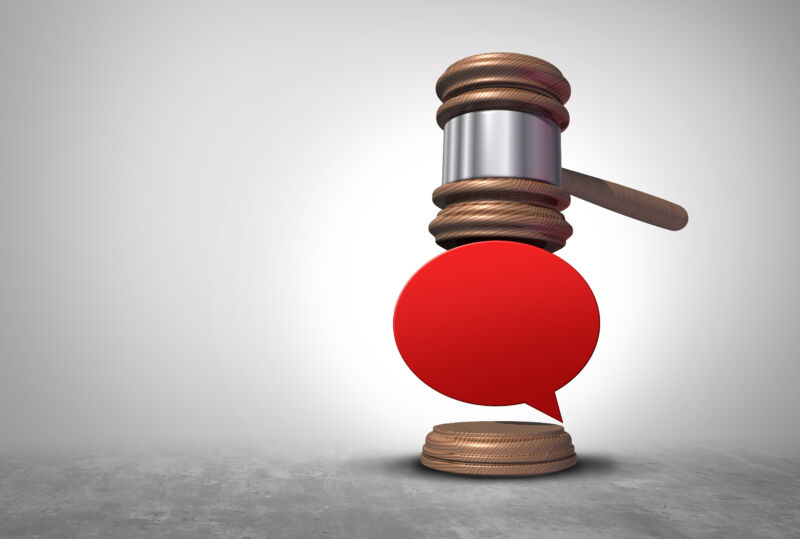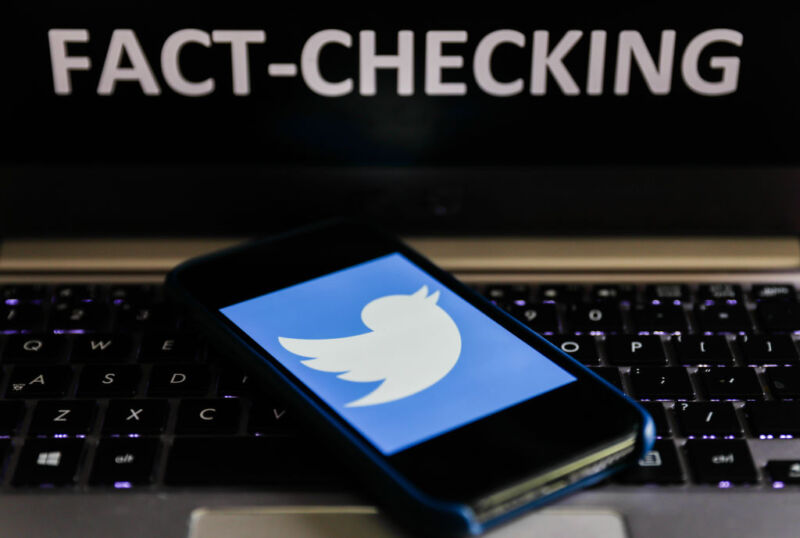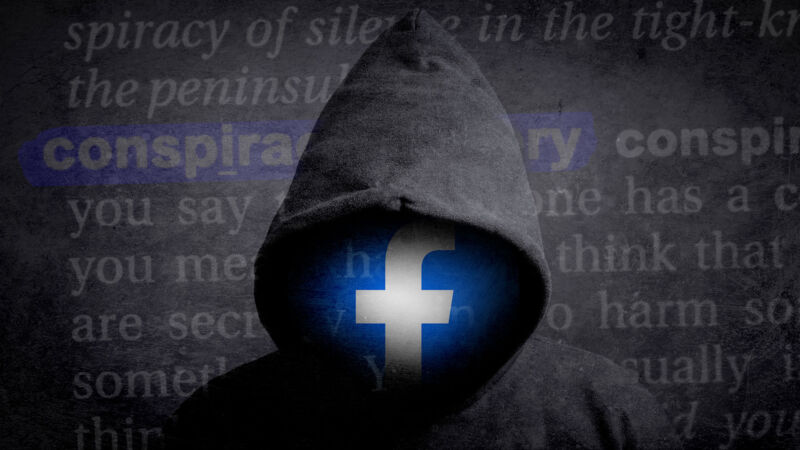-
 chevron_right
chevron_right
Biden administration: We never coerced Big Tech into suppressing speech
news.movim.eu / ArsTechnica · Thursday, 10 August, 2023 - 21:45

Enlarge (credit: Drew Angerer / Staff | Getty Images North America )
Today, three conservative-leaning judges with the 5th US Circuit Court of Appeals heard oral arguments to decide if an injunction should be lifted that restricts the Biden administration from communicating with social media platforms and requesting content takedowns.
The appeal followed a July 4 order from a district court, which found that the Biden administration had coerced platforms into censoring Louisiana and Missouri officials, whose posts were deemed as spreading COVID-19 misinformation.
Arguing for the Biden administration was attorney Daniel Bentele Hahs Tenny, who requested that either the injunction be reversed or a stay of the injunction should be extended by 10 days "in case the solicitor general wishes to pursue Supreme Court review."








